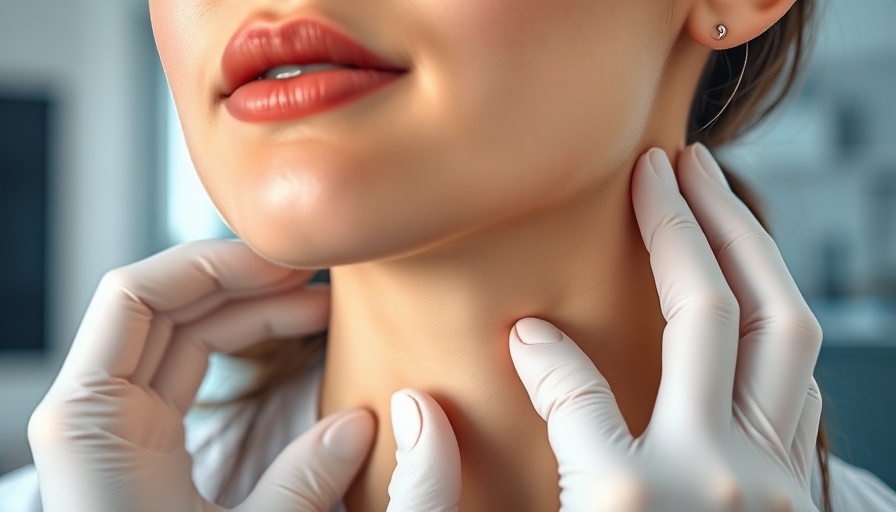
Understanding Recent Developments in Dermatology
The week of March 10-14 marked several significant highlights in dermatology, as the American Academy of Dermatology (AAD) Annual Meeting brought to the forefront various advancements in skin health treatments. From promising new therapies to critical product recalls, here’s a closer look at what you might have missed.
Safety Precautions: Benzoyl Peroxide Recalls
Concerns about product safety have led to a major voluntary recall. L'Oréal’s Effaclar Duo benzoyl peroxide product has been withdrawn from shelves over potential benzene contamination. This has raised awareness regarding the safety of topical treatments, specifically as clinicians and patients await further regulatory guidance. Experts like Christopher Bunick, MD, have offered insights into the implications of this recall, emphasizing the importance of vigilance and informed choices when selecting skincare products.
Innovations in Non-Invasive Treatments for Skin Conditions
The meeting highlighted non-invasive approaches for treating common dermatological issues. Medicus reported promising interim results for their non-invasive basal cell carcinoma (BCC) treatment, D-MNA, which demonstrated safety and complete clearance in some trial participants. These developments promise to alter the landscape of cosmetic dermatology, making treatments less invasive and more appealing to patients.
Enhancing Patient Experience: Pain Management Techniques
Minimizing discomfort during dermatologic procedures was a significant topic discussed by Dr. Peter Lio. His insights into practical techniques aim to enhance patient comfort, paving the way for more successful patient outcomes in aesthetic treatments. This aligns with the growing trend towards ensuring patient-centric care practices across aesthetic medicine.
New Frontiers in Psoriasis and Inflammatory Skin Disease Management
Jeff Stark, MD, shared exciting findings about Bimzelx, a treatment closely linked to managing psoriasis and hidradenitis suppurativa (HS). The BE BOLD study showcased its clinical efficacy, indicating a bright future for its use in treating inflammatory skin diseases. Likewise, findings from the AAD have shown that biologic-naïve patients with psoriasis might have a reduced risk of progressing to psoriatic arthritis, thanks to the National Psoriasis Foundation’s goal benchmarks.
What Lies Ahead for Aesthetic Medicine?
As aesthetic technologies evolve, discussions at AAD 2025, including the use of RF technology and energy-based devices, have sparked interest in breakthrough treatments for acne scarring and skin rejuvenation. Treatments involving micro-needling and chemical peels have gained attention for their efficacy in brightening the skin and restoring elasticity. These innovations underscore the importance of ongoing beauty research and how they can improve skin health.
Concluding Thoughts: A Dynamic Era in Dermatology
The insights shared at this year's AAD Annual Meeting position dermatology firmly at the intersection of safety, innovation, and patient care. As new products and techniques emerge, there's an excellent opportunity for both clinicians and patients to redefine skincare approaches. Staying informed about these advancements can empower individuals to make better choices regarding their skin health.
For those invested in their self-care and appearance, staying updated on the latest skin health advancements is essential. Explore these innovations further and consider how they can enhance your skincare routine to ensure your skin stays radiant and healthy.
 Add Row
Add Row  Add
Add 

 Add Row
Add Row  Add Element
Add Element 




Write A Comment